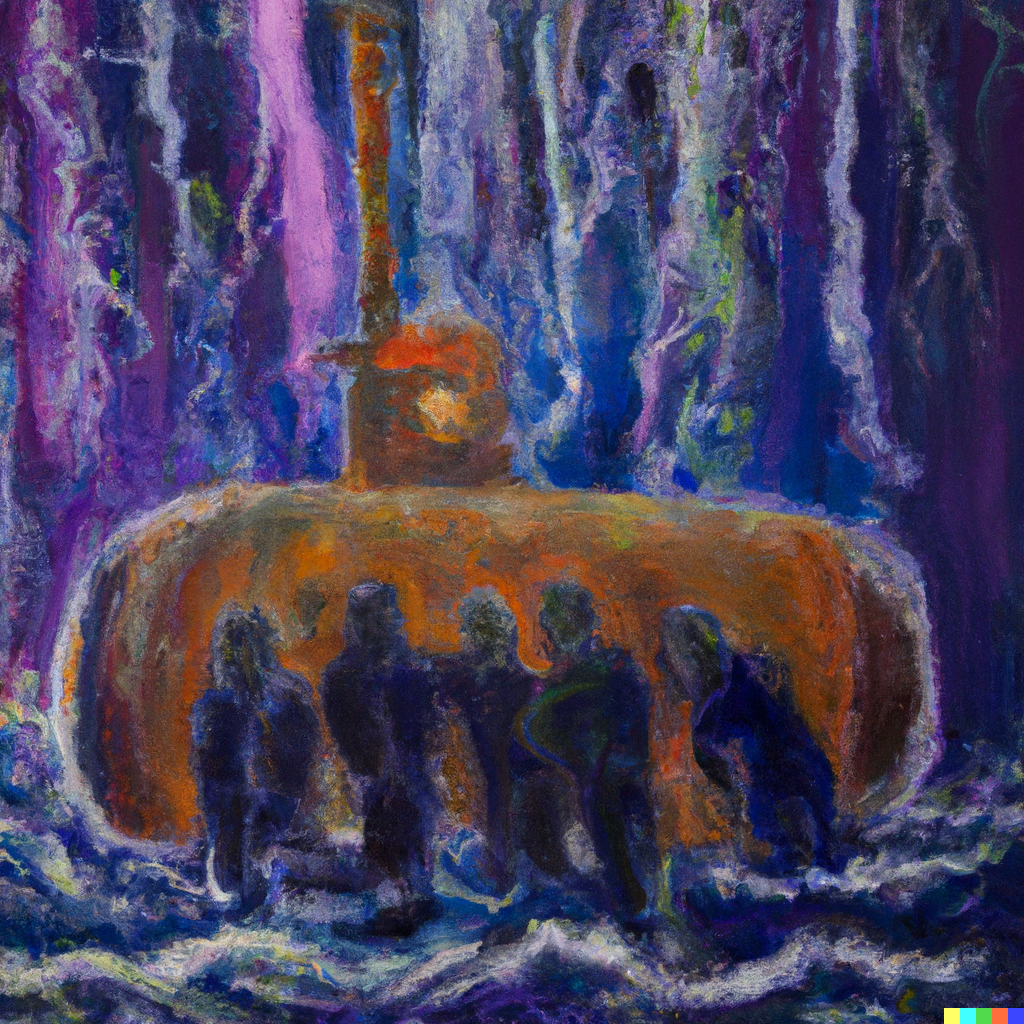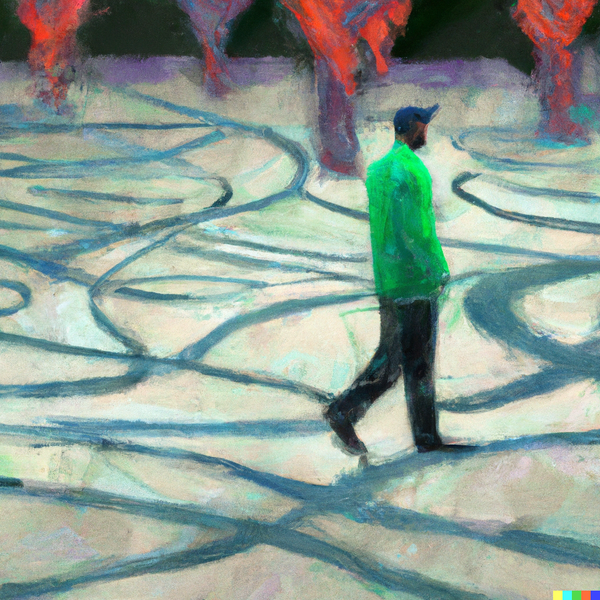schadenfreude: anti-empathy

It is apparent, my dear reader, that German may not be a language that comes naturally to you, which is why I will explain the title of this entry later. Meanwhile, my hope, as I reflect on today's topic, is that empathy is a language you not only comprehend but also fluently converse in.
I say this because last week, reports emerged concerning the disappearance of a submersible carrying five passengers en route to the Titanic shipwreck. Coastguards searched, news anchors reported, and oceanographers and sea experts provided their opinions. Simultaneously, Twitter birds tweeted, and Instagram reels… reeled.
Today, I write about the latter two groups—of which you and I are a part. I myself am more of a consumer of social media than a producer, yet again, my silent views of stories, Tiktoks, and posts continue to weave my digital presence into the intricate tapestry of social media — one which is increasingly frayed by our human inclination towards negativity.
As you may have observed… during the search for the missing oceangate submersible, a whirlwind of memes, reels, and tweets emerged with each passing moment.






Now, some may argue that this humour served as a coping mechanism amidst the uncertainty and tragedy, as we all held our breaths awaiting the final verdict from the US and Canadian coast guards. While this may hold true for a few creators, I have observed a worrisome trend… some sort of an underlying sadistic content wheel, which is becoming more apparent among our present human population.
Certainly, some videos I came across were funny, yet I couldn’t help but feel overwhelmed by the sheer volume of them… leading me to find them insensitive… and even more, disheartening. This is primarily because, like vultures circling wounded prey, some have discovered pleasure within the depths of others’ tragedy. This is what schadenfreude refers to, a term previously assumed to be so uncommon that it lacks an English equivalent.

Yet, as English serves as the lingua franca of the internet, I witnessed justification upon justification within this frenzy, disregarding the mere fact that five lives were indeed tragically lost in what we now know to be an implosion.
For instance, some Twitter users suggested that ‘the ocean literally said, “imma eat the rich”’. These users’ rationale for schadenfreude seemed to stem from their distaste for the wealthy, focusing on the $250,000 that the submersible’s passengers supposedly paid for the ride. However, while it may be tempting to perceive the affluent as a meal, I have certainly wondered… does consuming them magically enrich one's own prosperity?

Others have defended their schadenfreude by claiming, perhaps rightfully, that “too much” attention was given to these five individuals compared to the hundreds of refugees and asylum seekers drowning in the Mediterranean Sea while attempting to reach Europe from North Africa and certain Middle Eastern countries.
First of all, can one ever pay “too much” attention to death? Can’t we all be honest for a second… and admit the envy we perhaps feel for the relief that the dead get to experience upon leaving this earth? Secondly… a death as dramatic as an under-sea ROV implosion… on the way to the Titanic wreck… 111 years after the ship’s accident?
Surely, one needs not be superstitious to see the allure in such a story!
I must write, though, that I, too, acknowledge the disparities in global media coverage, which have been amplified by this tragedy, yet, my dear reader, shall we agree that the solution is not anti-empathy?



While we must certainly highlight this news imbalance by raising our voices for the thousands of refugee and asylum seekers’ lives lost at sea, I propose that comparing one set of deaths to another entangles us in a perilous ethical debate regarding the value we place on human life. Certainly, this similitude leads to questions such as, “Are some lives worthier than others… therefore making some deaths more notable than others”?
Or, Is the worth of one’s life inversely proportional to one’s wealth and comfort, such that the deaths of the poor and seeking must be grieved more deeply than those of the rich?
In this vast landscape of social media, a disconcerting paradox unfolds before our eyes. On the one hand, we witness the gleeful laughter and mockery directed at the misfortune of a few individuals aboard the submersible. On the other hand, we see a surge of activism, raising awareness about the plight of refugees whose boats capsize in the treacherous journey to Europe. Yet, in this stark contrast, we are confronted with a disheartening truth: our so-called "activism" often overlooks the profound loss of life itself.
I find that this is a glaring hypocrisy that exposes the hollowness of our "activism" and the superficiality of our concerns.

Might I suggest to you that engaging in schadenfreude, even in the form of what some call “dark humour”, betrays the very essence of compassion – an element that all humans *need* (not want) at some point in their lives. Now, unless one does not care for intellectual virtues such as empathy, then one must escape the temptation towards becoming complicit in a culture that promotes a distorted hierarchy of life worthiness that translates to newsworthiness.
True activism, true campaigning for justice and humanity, should transcend arbitrary boundaries. I suggest that our advocacy should be rooted in genuine recognition of the inherent value of every life, such that our actions reflect a commitment to uplift those in need, irrespective of their circumstances or socioeconomic status, yet with a sober consideration of the universality of human suffering.





